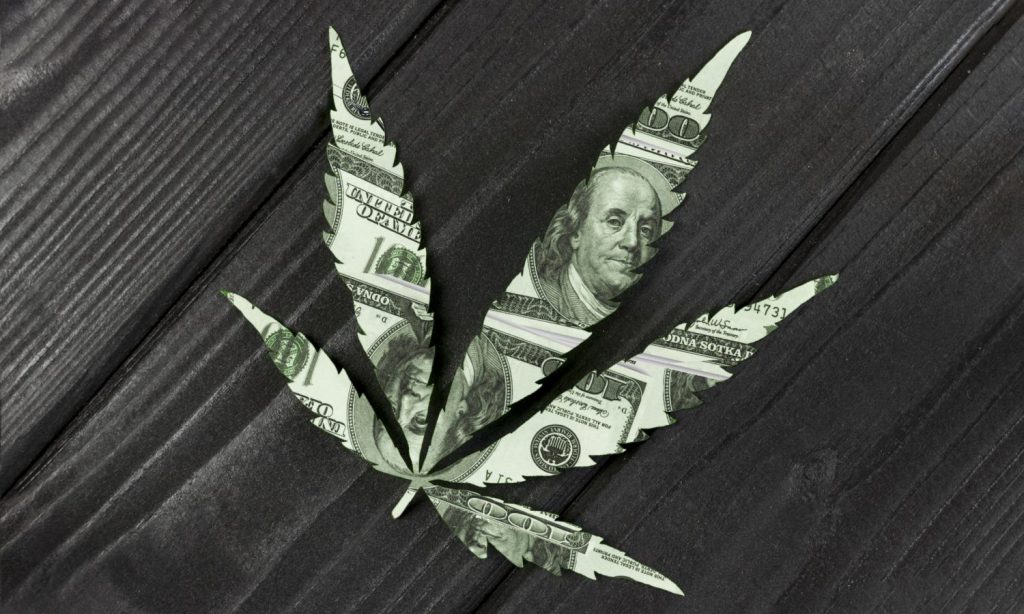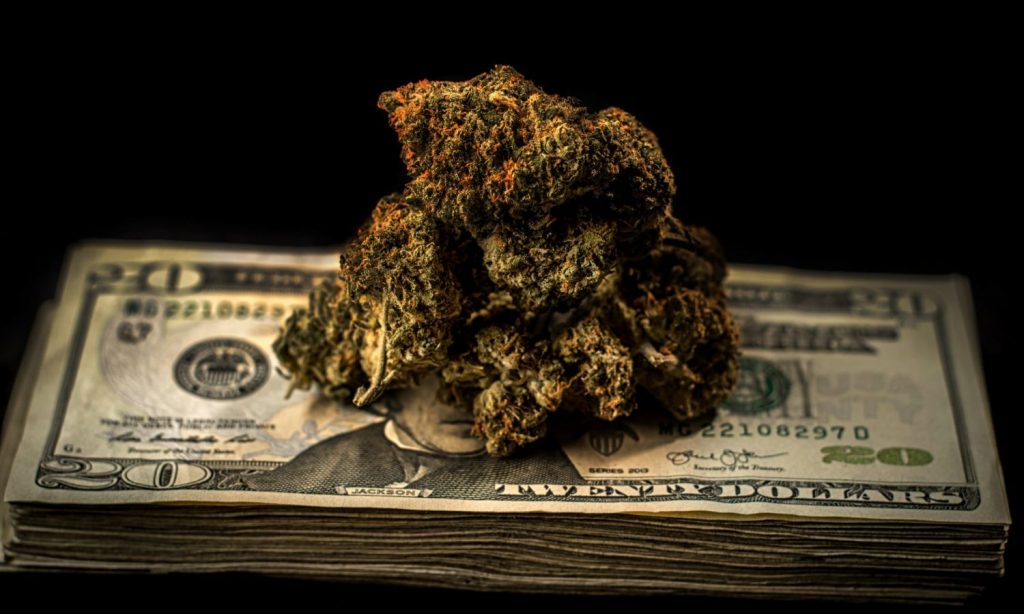Though many states now have some form of legalized cannabis, its status under the Controlled Substances Act means marijuana businesses cannot deduct standard business expenses.
The Internal Revenue Service correctly anticipates the continued growth of the cannabis industry and wants its share of the green. Who can blame them? It’s what they do.
To that end, the IRS is providing some useful suggestions to cannabis businesses who, by the way, are in the conflicting position of having to pay taxes to a federal government that continues to classify cannabis as illegal.

Nevertheless, the IRS is nothing if not persistent. Here is what the 159-year-old government body that was basically set up to fund the Civil War has to say to cannabis companies about paying their taxes.
In a blog post, De Lon Harris, an IRS exam commissioner who clearly has a flair for the obvious, referred to the situation as “evolving and complex” and “tricky from a business perspective.”
RELATED: The IRS Comes Clean On Marijuana And Cryptocurrency Taxation — Is Legalization Next?
What Harris is apparently referring to is that cannabis companies, having consistently been denied access to banking and financial institutions, are required to work on a mostly cash-only system.
Taxation Without Representation? Almost.
Regardless of the fact that many states now have some form of legalized cannabis, its status under the Controlled Substances Act means marijuana businesses cannot deduct standard business expenses. This provision, known as Section 280E, states that businesses selling cannabis — or any other federally illegal controlled substance — cannot deduct any expenses incurred in the production, distribution and sale of that product.
RELATED: Are High State Marijuana Taxes Really The Cause Of The Tenacious Black Market?
Section 280E of the IRS tax code essentially keeps cannabis entrepreneurs “locked out of valuable tax credits available to other businesses and should proceed with caution when it comes to business expense deductions,” says the Hoban Law Group.
What’s To Be Done?
Harris said that marijuana firms “can deduct their cost of goods sold, which is basically the cost of their inventory. What isn’t deductible are the normal overhead expenses, such as advertising expenses, wages and salaries, and travel expenses, to name a few.”
Harris added that he understood “this nuance can be a challenge for some business owners, and I also realize small businesses don’t always have a lot of resources available to them.”

Online Class
Despite this disadvantage, a speaker at a recent online tax tête-à-tête presented by the National Association of Tax Professionals said the legality doesn’t matter from the IRS’s perspective — all income from any source is taxable.
At this meeting, and also mentioned on Harris’s blog, was the IRS’s new website that was set up last year to tax state-compliant cannabis dispensaries.
This IRS initiative is hoping to make things clear and easy, sort of, for cannabis companies, because we all know how uncomplicated paying one’s taxes can be!
RELATED: Bill To Repeal Marijuana Prohibition Passes Critical House Committee
“I’m very focused on the success of this strategy because it’s very important for business owners to understand that under our nation’s tax laws, and specifically Internal Revenue Code 61, all income is taxable, even if someone is running a business that’s considered illegal under federal law,” Harris said. “This is a truly groundbreaking effort for our agency.”
What is also groundbreaking is that, with any luck, the recent passage of the Marijuana, Opportunity, Reinvestment and Expungement (MORE) Act of 2021 will soon repeal the long-standing federal prohibition of marijuana, thereby ending the state/federal conflict over cannabis policies.
When — not if — that happens, cannabis companies will pay their taxes just like the rest of us and no longer be locked out of the system that should be protecting them.
This article originally appeared on Benzinga and has been reposted with permission.


